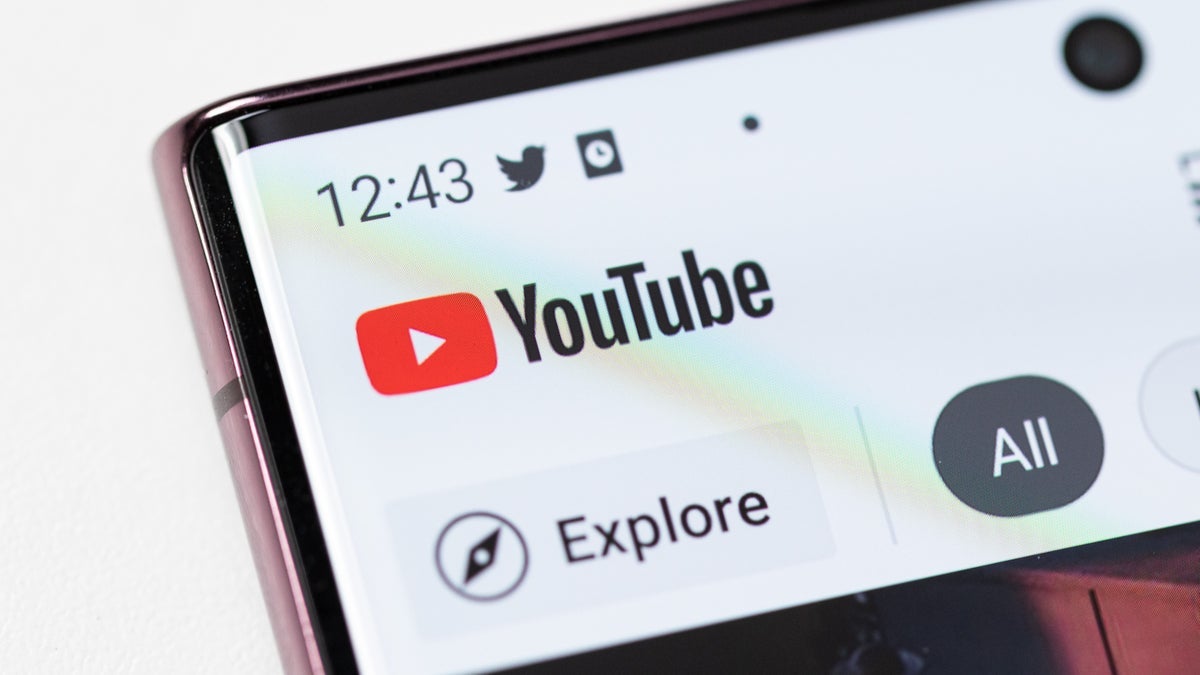If your Android phone is still running on this version, you can forget about Chrome updates

According to a support page update, Chrome 138 will be the last version that works on Android 8 and 9. Moving forward, the browser will require Android 10 or newer. This means users with older phones won’t be able to get the latest features, security patches, or performance updates unless they update their operating system.
In a support article, Google said:
Chrome 138 is the last version of Chrome that will support Android 8.0 (Oreo) and Android 9.0 (Pie). Chrome 139 (tentatively scheduled for release on August 5th, 2025) is the first version of Chrome that requires Android 10.0 or later. You’ll need to ensure your device is running Android 10.0 or later to continue receiving future Chrome releases.
— Google support article
The company also added:
Older versions of Chrome will continue to work, but there will be no further updates released for users on these operating systems. If you are currently on Android 8.0 or Android 9.0, we encourage you to move to a supported Android 10.0 version (or newer) to ensure you continue to receive the latest security updates and Chrome features.
— Google support article
The good news is that Chrome won’t suddenly stop working on these devices. Older versions will continue to function for a while, though they will no longer be updated. Over time, users may run into compatibility issues as websites evolve and the browser becomes outdated.
This move isn’t too surprising when you look at the timeline. Android 8.0 (Oreo) came out in 2017, and Android 9.0 (Pie) followed in 2018. That means these versions are now 8 and 7 years old, respectively. Even Android 10.0, which is now the minimum requirement, was released in 2019, making it 6 years old. For users still on devices running Oreo or Pie, that’s a long time to go without major updates, especially when it comes to something as essential as the browser.
This also reflects a broader trend in tech, where software companies gradually drop support for older platforms to focus on more modern and secure versions. These companies need to be able to allocate resources properly, so support teams for older operating systems do eventually get reassigned to newer projects. For those still using devices on Android 8 or 9, now might be a good time to consider updating the OS if possible — or looking at a newer device that can keep up with future app changes.
Source link







